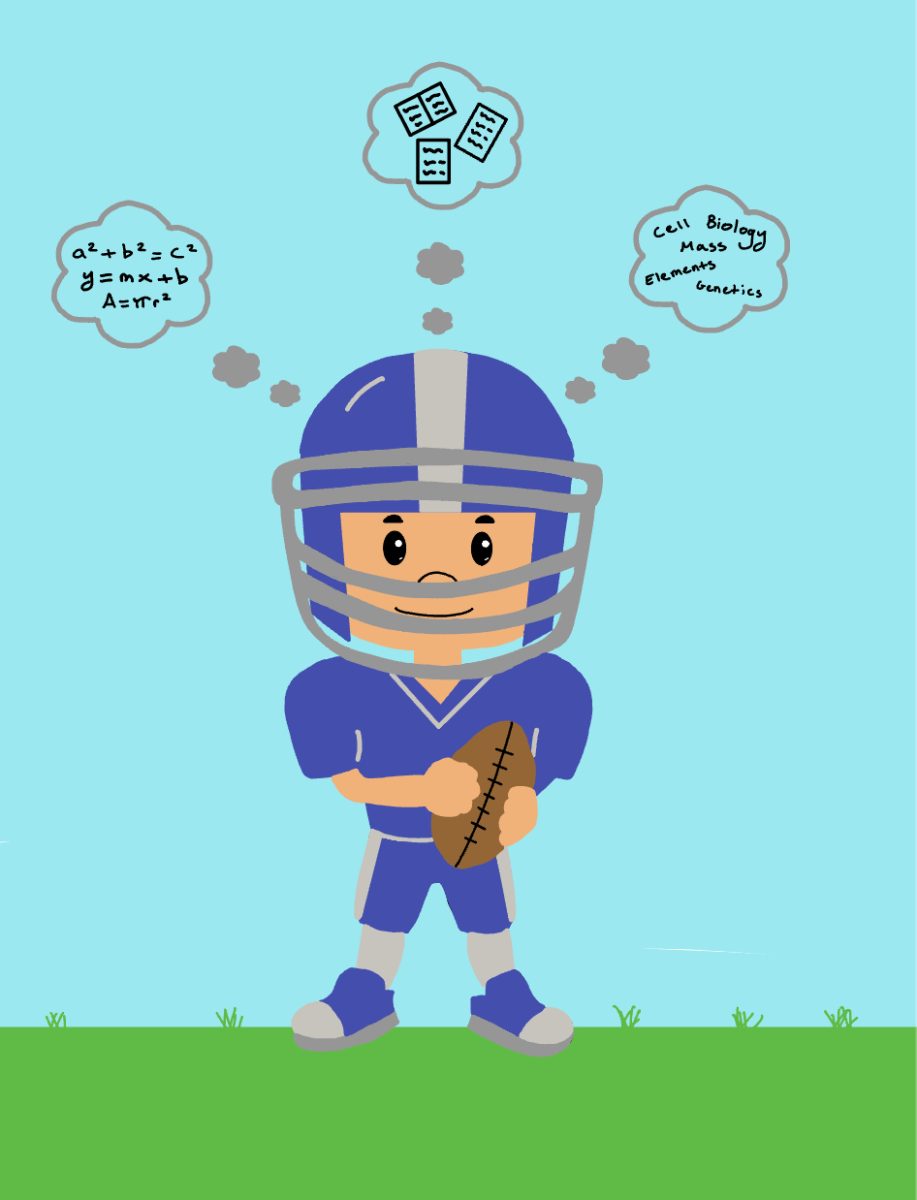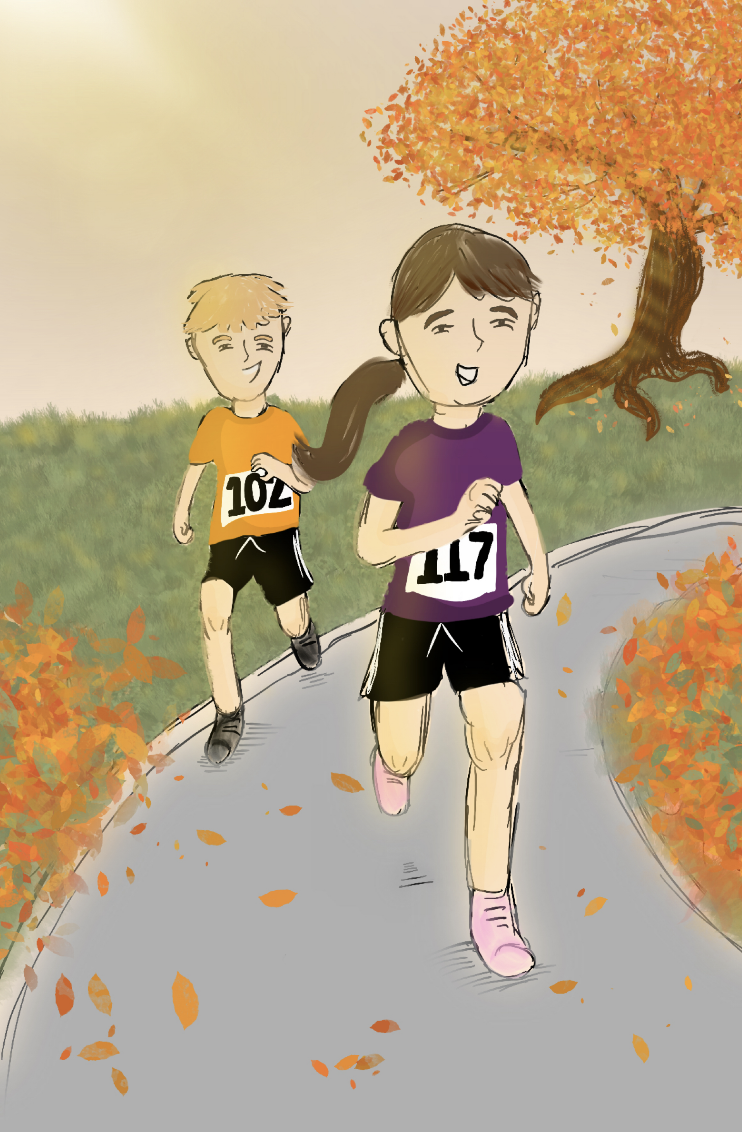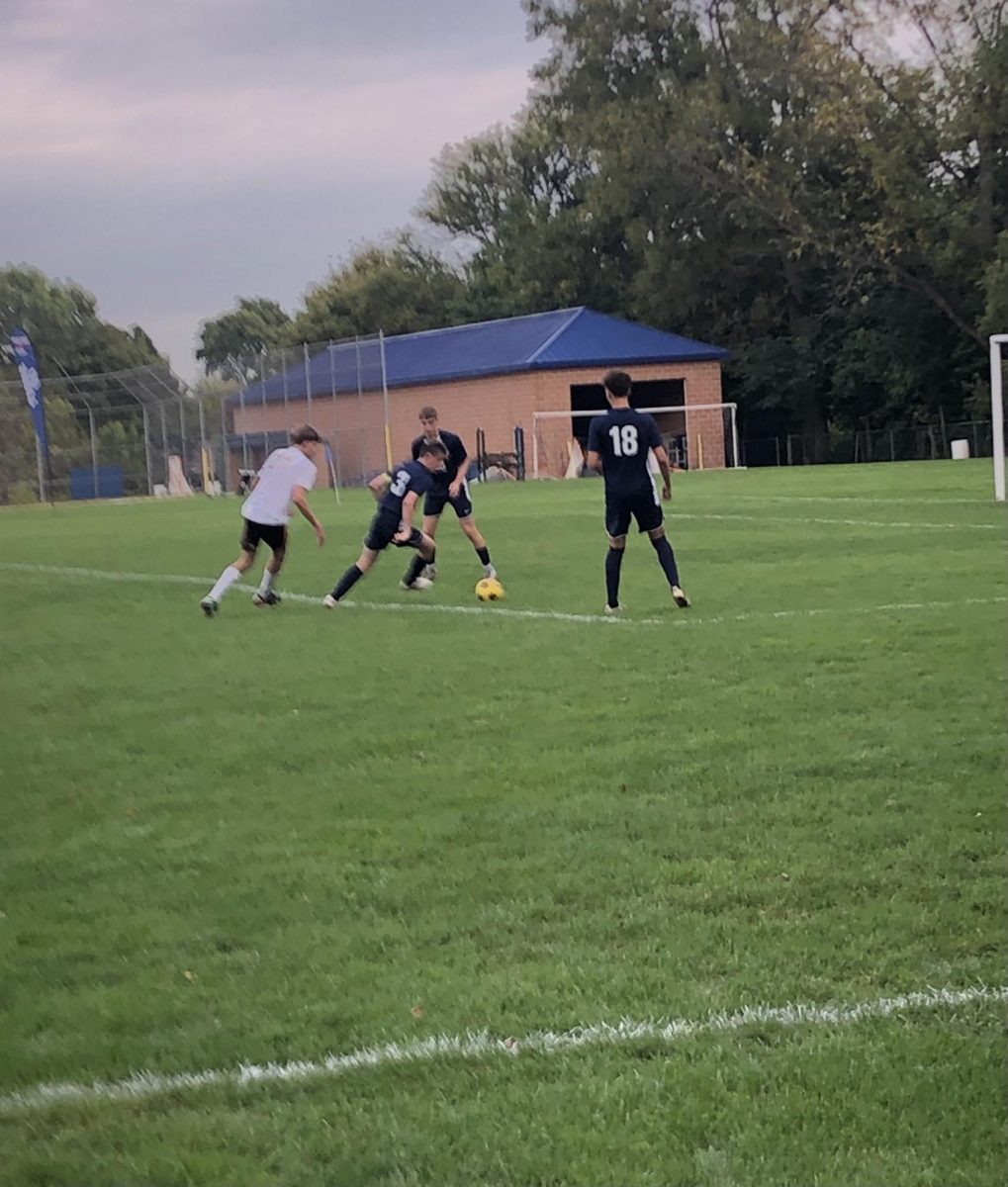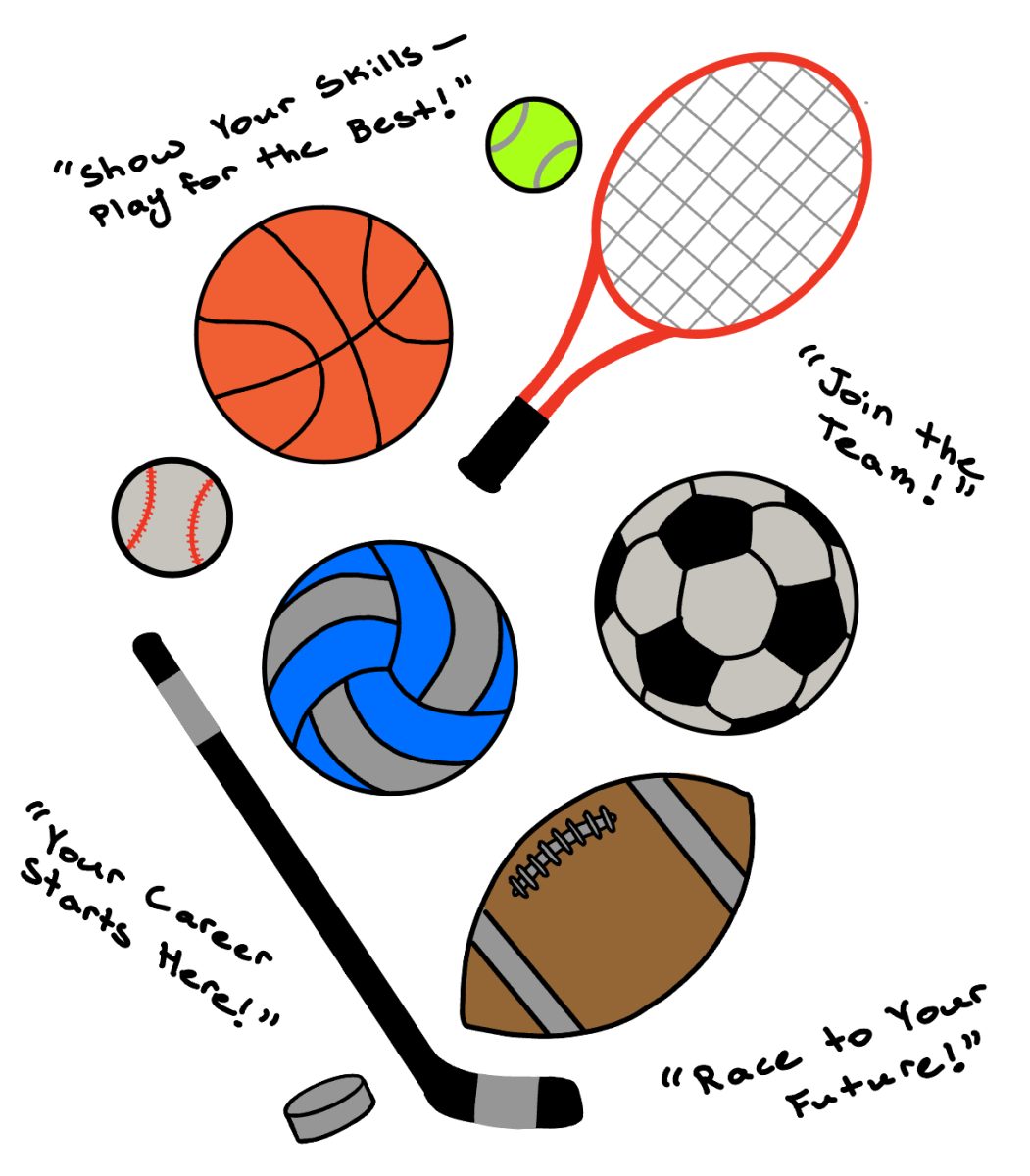Should college be a requirement for professional sports? Does it matter if an athlete has a degree as long as they’re good enough to play professionally? Some might argue that if superstars come straight out of high school, there is no point in wasting four years playing college leagues when they can go straight to professional leagues. Short-term, superstars skipping college makes sense, but what happens after they get injured or get too old to play? What do they do? Not everyone is lucky enough to fall back on the money they made as a professional athlete. Not everyone is fortunate enough to make it to the end of their projected career.
“All athletes have to realize that they’re one injury away from retirement,” said cross-country coach Bill Stanczak. “If they have no degree to fall back on they will have a very difficult time with their life, some guys can be left waiting tables trying to make ends meet.”
Even during an athlete’s career, schooling has a significant impact.
“Professional athletes are more successful with more schooling,” said sophomore Kaela Swinton. “Educated people are often given more opportunities, causing them to be more successful.”
The ability to handle presented opportunities is essential. Although mishandling some is much more costly than mishandling others, college is a better time to make mistakes. Squandering tremendous opportunities can be costly for someone with no college degree to fall back on. Career-ending choices in professional leagues are quite literally career-ending. Career takes on a literal meaning for professional athletes. Playing a sport is their job, compared to a college athlete who is not yet in the work world. Athletes straight out of high school are often around the same age. Thus, most will always have the same level of maturity. College often has a learning curve attributed to it. Many people learn how to create a good work-life balance but have room to make mistakes. Those who go straight from high school to professional leagues are not exempt from costly mistakes college athletes might make while learning to manage their time. Although superstars from high school are more developed in skill level, they often aren’t in social skills. Experience offered from college sports is vital to a successful career.
“Historically, going through high school sports, college sports, and then professional sports is important,” said cross-country and track coach Mike Olayos. “Athletes must go through the wringer at each level. Unless they’re well established and financially prudent, they’re going to run into the trap of becoming injured or aren’t good enough to cut it. They only last a year.”
Although professional sports are more rigorous than college sports, college sports are vastly different from high school sports. The experience gained at the college level is a lot more impactful on an athlete’s career. College sports give an athlete four more years of experience compared to someone who entirely skips college. These four years can be vital in giving an athlete the skills to match the superstars that come straight from high school, going as far as to grant them an edge over the superstars. They’re four years older after all.
Some might argue that the main problem with enforcing college as a requirement for all professional athletes is that not everyone can afford college. Some players might not be good enough to get a full-ride scholarship to a school to play sports, but after four years of college, they will be good enough to play in a professional league. To make a diploma a requirement would have a mixed result, but would be easy to implement.
“Athletes would have to mandate proof such as a degree or certificate to leagues, who then follow up by confirming with the school,” said sophomore Grace Vanfossen.
This presents an issue for those who can’t afford college; professional athletics requiring college diplomas could be the final straw for some athletes fulfilling their dreams. Ultimately, it’s important to remember how a college recruiter views athletes. They are often aware of a student’s capabilities, especially their capacity to grow to the same skill level as a professional athlete. The athletes that will be or have the potential to be in the professional leagues will always have access to play and go to college, especially with scholarships. Thus, college being a requirement for professional athletes is an excellent way to help athletes develop and a good safeguard for athletes’ financial stability.
College hurting professional athletic careers?
Time spent in college might be slowing potential development
Donate to Viator Voice
$50
$500
Contributed
Our Goal
Your donation will support the student journalists of Saint Viator High School. Your contribution will allow us to purchase equipment and cover our annual website hosting costs.









